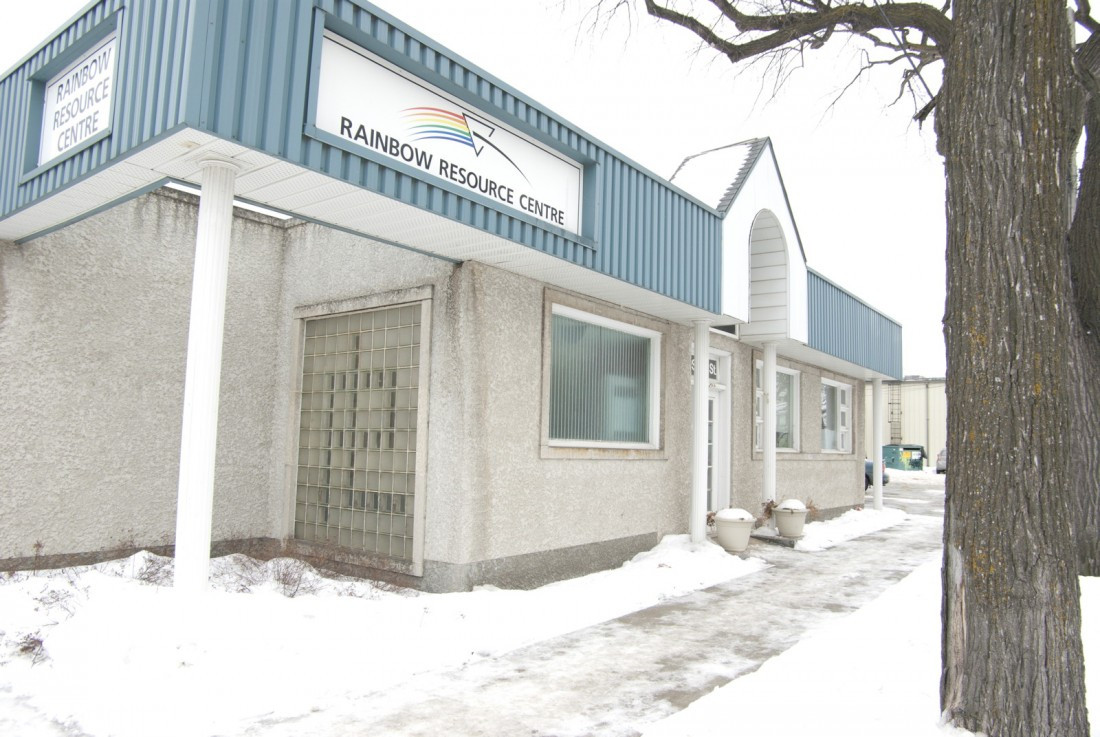Queer healthcare hurdles
Study on LGBT women’s experiences in healthcare to be presented at Rainbow Resource Centre
On Feb. 11, the Rainbow Resource Centre will host Dr. Deborah McPhail and Claudyne Chevrier of the University of Manitoba (U of M) as they present their findings from a year-long study of LGBT women’s experiences with healthcare in Winnipeg.
The study goes back to 2013 when Dr. McPhail, an assistant professor in the U of M’s community health sciences department, approached the Rainbow Resource Centre.
“I asked them if there were any studies they felt were necessary in Winnipeg. They thought there wasn’t enough information available that was specific to LGBT women. I identify as a queer woman, so when they suggested it, for me, it made a lot of sense,” McPhail says.
McPhail explains that queer-identified individuals may face numerous issues when in search of healthcare, from outright homophobia to subtler heterosexism – when it is assumed that someone is heterosexual. In the medical world, this can complicate and potentially threaten a patient’s health, and the caregiver may be unaware they’re even doing it.
Dr. McPhail recruited Claudyne Chevrier, a PhD student in the Community Health Sciences department at the U of M, to help carry out the research. From November 2014 through 2015, Chevrier and Dr. McPhail conducted 39 individual interviews and a focus group with seven participants. They explored each participant’s relationship with the available healthcare services in the city, which services they use and which they avoid, their experiences with regular physicians and walk-in clinics and more.
“I think it’s something that needs to be talked about, and it’s something that you always need local data on. I think a lot of people don’t realize that healthcare is always difficult for queer people,” Chevrier says.
“A few summers ago we held a lesbian discussion group. One of the topics that came up was a lack of services for LGBT women,” Sarah Dack, an employee of the Rainbow Resource Centre, says.
“There is the Transgender Health Klinic and Our Own Health Clinic (a gay men’s health provider), but there have never been any specific providers or resources for LGBT women in Winnipeg.”
The study also questioned how participants would change or improve the healthcare system in the city, both in terms of high-level, industry-wide shifts and smaller, specific changes. For example, study subjects were asked if they wanted an LGBT-specific clinic in Winnipeg, or if it would be better to train doctors to be LGBT-friendly wherever where they worked.
Dr. McPhail and Chevrier both hope this study and others like it will push for the gaps in Winnipeg’s health care system to be rectified.
“At the end of the interviews, people would often say, ‘Thank you so much for doing this.’ As a researcher, that’s so meaningful. It shows you that the people in the community truly need it,” McPhail says. “We want the study to be able to inform in a very real way how LGBT women are treated when they go to the hospital, or the doctor, or wherever they go in the healthcare world.”
Published in Volume 70, Number 18 of The Uniter (February 4, 2016)







